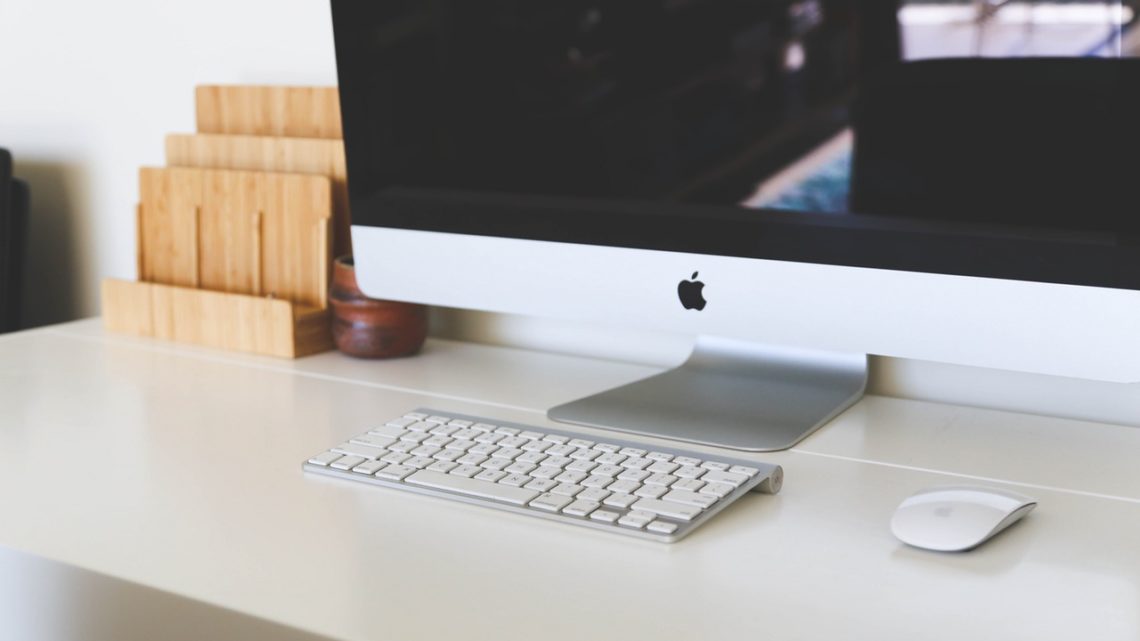When you’re at your office or your living room, take a moment to look around. Do you notice too many things around? If there’s a huge clutter around you, you’re probably unfocused and stressed out.
Our surroundings are a reflection of our inner state of being. When you’re worried, your thoughts are a mess. You don’t care where you leave your things. Chances are, your room and office are a mess, too. When the situation calms down and we come to peace with our feelings, we feel an inner urge to set an order around.
Did you know that things work in the other direction, too? When you start clearing the clutter that surrounds you, you can easily focus on your thoughts and emotions and process them. The art of minimalism works in peculiar ways. It’s not just about interior design and clothes. It’s a philosophy that practically changes your life for the better.
We’ll tell you how minimalism will improve your life in 7 simple steps.
1. Identify the essentials
Take a piece of paper. Write down the essential things you need for living. Basic food, water, a toothbrush, refrigerator, computer… you’ll think of few important things you have to own. Then, write a list of essential clothes you need. One suit, two ties, two pairs of shoes, one belt… keep it minimal.
What does this practice teach you? Making decisions. Priorities. You’re identifying the most important things you need for living. Everything outside that list is something you can live without.
2. Evaluate your possessions
Now that you have your list of essentials, take another piece of paper. Write what you own. Think of as many things as possible. Start with your living room and continue with the kitchen, bathroom, bedroom, and office.
You’ll notice this list is endless. This teaches you to evaluate. You’ve been spending tons of money on unnecessary things. You don’t even use most of the stuff you bought. You might have five different shower gels or three different shampoos in your bathroom, just because you couldn’t decide on the scent. It’s time to see your mistakes.
3. Declutter!
Writing lists is not a hard thing to do. The difficult part comes later, when you’ll have to get rid of the things that don’t belong on your list of essentials.
Here’s the bottom line: it’s just stuff. You don’t need most of it. Give the things you don’t need to a friend or sell them on eBay. Do whatever you want to do; just get rid of them. When you own fewer things, you’re focused on your priorities. You learn how to identify your needs and meet them in the simplest way possible. You align your actions with your needs.
4. Evaluate the way you spend your time
You took care of your possessions. That was a huge step! However, that’s not what minimalism is limited to. Now, you’ll review your schedule.
- Are there any time-wasting activities there? If you’re watching too many TV shows, it’s time to give up on most of them.
- Do you notice your schedule is jammed with tasks and they all seem important? In that case, it’s important to outsource or delegate. If for example, you have a business plan to write but you can’t find time and energy for it because you’re too busy, you can outsource it to Wiz essay writing help.
With time and practice, you’ll learn how to reduce the time-wasting activities and focus on your priorities. You’ll become more efficient and productive. However, you’ll also be happier because you’ll have real free time to use on beneficial activities.
5. Evaluate your connections
The people you spend your time with affect you in different ways. You can’t change your family, but you do have a say when you’re accepting or declining an invitation for lunch or coffee. How many people are you seeing today? If you’re constantly surrounded by many people, you’re not living a minimalist lifestyle. It’s important to have some time for yourself, too.
If you have toxic people in your life, it’s time to start reducing the meetings with them. When you have to see them, prepare in advance to stay stable and strong. Don’t let them pour their negative energy all over you.
6. Don’t multitask!
Multitasking doesn’t fit in the concept of minimalism. It’s not a good habit to have. When you’re dealing with a particular task, you have to be fully focused on it. Don’t check emails while writing that business report. Don’t answer the phone when you’re at work. Don’t work on two tasks simultaneously!
When you’re focused on the current task on your schedule, you’re more attentive to details. You’re also less stressed when you’re not doing multiple things at a time.
7. Maintain the order
You set some order in your home and office. You took control of your schedule, too. Now, it’s time to turn minimalism into a lifestyle. Preserve the order you set! Put things back in their own place after you use them, and turn prioritising into a lifelong habit.
The principles of minimalism will reflect on the way you think and see life in general. You’ll become a more focused and less stressed person. Simplicity is good!
If you enjoyed this post, feel free to share it with your friends and family. After all, sharing is caring!
Author: Jessica Barrett
Jessica Barrett is a professional writer and editor who lends her varied expertise to the customers of www.wizessay.com. With a talent for essays and dissertation writing, Jessica is passionate about providing the best quality assignments to students who need that extra helping hand.














